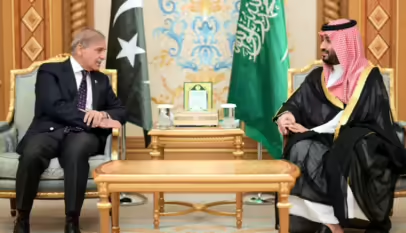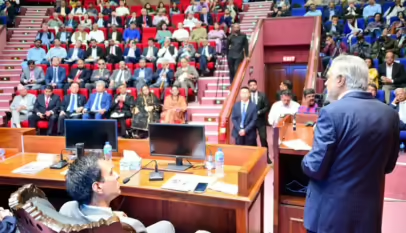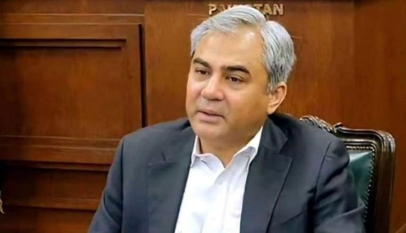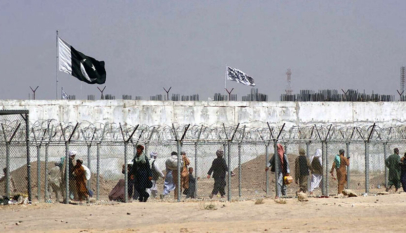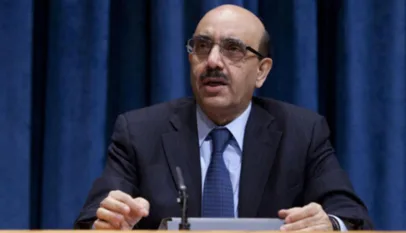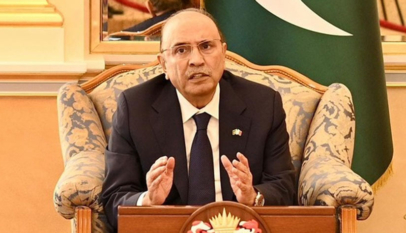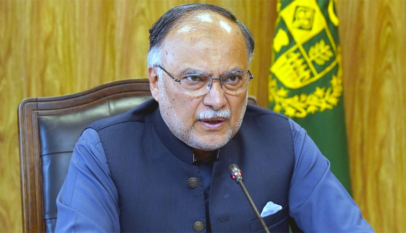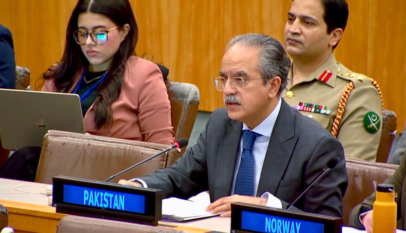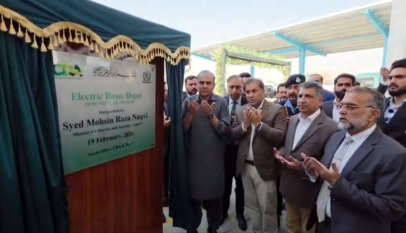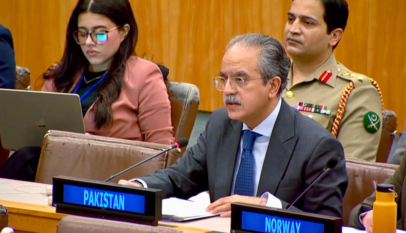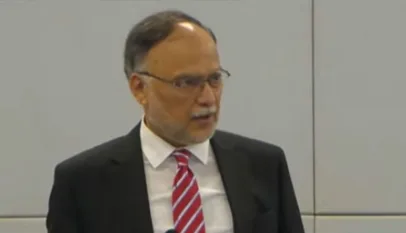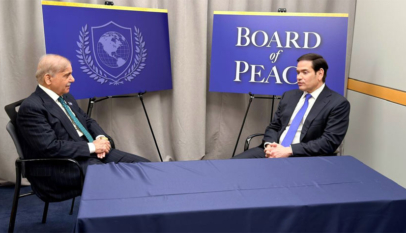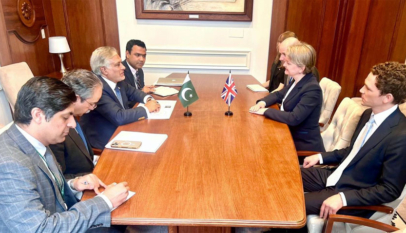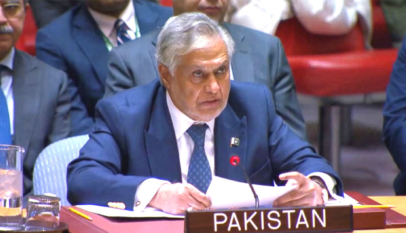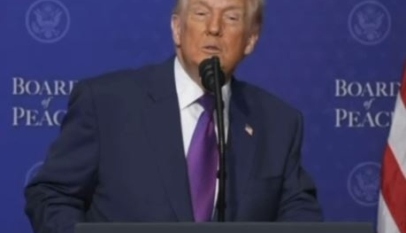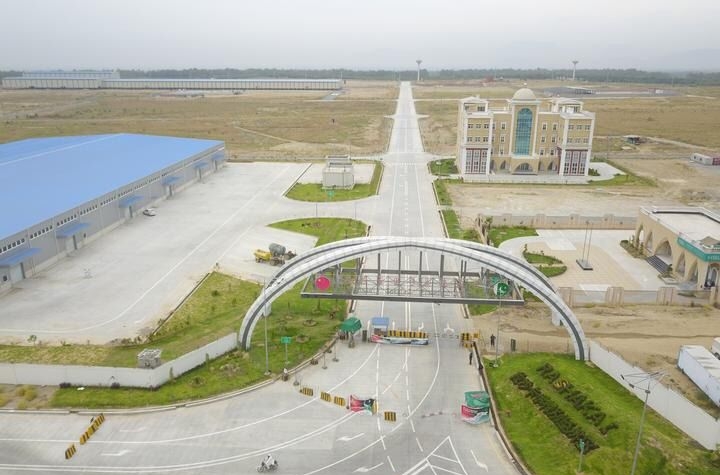
In October, in the wind corridor of Jhimpir area in Thatta district of Pakistan’s southern Sindh province, more than 100 wind turbines are located under the blue sky, constantly delivering green power to distant villages and cities.
“This is an important part of the group of wind power general contracting projects we have undertaken, and at present, all 12 wind power projects with a total installed capacity of 610 MW have been connected to the grid,” Chief representative of POWERCHINA in Pakistan Yang Jianduo introduced.
The wind power project group created over 20,000 jobs. It will provide 2 billion kilowatt-hours of clean energy to the Pakistani power grid annually and reduce about 2 million tons of carbon dioxide emissions, which will help solve the problem of power shortages and effectively improve the local energy, power supply structure.
The wind power group is a project under the China-Pakistan Economic Corridor (CPEC). Launched in 2013, CPEC, a flagship project of the China-proposed Belt and Road Initiative (BRI), is a corridor linking Pakistan’s Gwadar port with Kashgar in northwest China’s Xinjiang Uygur Autonomous Region, highlighting energy, transport, and industrial cooperation.
During the construction of the project, the construction team led by POWERCHINA transplanted rare and protected plants on the site, and restored the landscape of the entire construction site after completion. At the same time, the project cooperated with many local universities, organized college students majoring in engineering to practice at the site and cultivated a group of professionals in new energy construction and operation and maintenance for Pakistan.
“Today we have 6,000 megawatts of energy. We have about 850 kilometers of transmission line. We have about 525 kilometers of road highway… We are very happy and proud to say that we have actually achieved most of our targets and projects,” said Hassan Daud Butt, Associate Professor of Bahria university Islamabad campus. He added, entire Pakistan has a consensus that all stakeholders support the construction of CPEC and also development of Gwadar.
At the Indus River in the country’s northwest Khyber Pakhtunkhwa province the Diamer Bhasha dam with the height of 272-meter is under intensive construction.
It will be the tallest roller compact concrete dam in the world with an installed capacity of 4,500-megawatt electricity production and annual generation of 18.1 billion kilowatt-hours.
This is one of landmark projects of China-Pakistan friendship and cooperation. The contract for the construction of the dam was signed by POWERCHINA-FWO Joint Venture, Pakistan’s Water and Power Development Authority and Diamer Basha Company (Private) Limited in May 2020 in Islamabad.
Tabi Satti returned to Pakistan in 2021 after six years of study and work in China to join the construction of the Diamer Bhasha dam as a project manager.
“When I was studying in China, every time I returned home, I could see the changes that BRI has brought to my hometown. We have smoother roads, easier travel, better quality and stable electricity, and more importantly, more job opportunities… BRI has brought broad development opportunities to Pakistan, and has given me the confidence to participate in it,” he said.
“Pakistan has grown in BRI and CPEC in various areas,including energy and transport… so I think in the next phase Pakistan will invite more chinese investment in agriculture, renewable energy. We will also request China for supporting R&D,” said H. D. Butt, “through CPEC we have actually demonstrated Pakistan. Now we are known because of chinese investment, because of CPEC.”
Over the past 10 years, CPEC has turned and is still turning vision into reality in Pakistan: the China-funded New Gwadar International Airport will soon be put into operation, investment attraction work for the first phase of Rashakai SEZ is in full swing, China’s hybrid rice has significantly increased the productivity of Pakistan’s rice…
Former Prime Minister of Pakistan Shahid Khaqan Abbasi told Xinhua correspondent, CPEC helped Pakistan in diversifying energy requirements, completing motorway network and modernizing the railway network. He believes that with the closer cooperation between China and Pakistan, there is a bright prospect for the two sides to utilize their respective advantages and achieve win-win outcomes. Enditem







